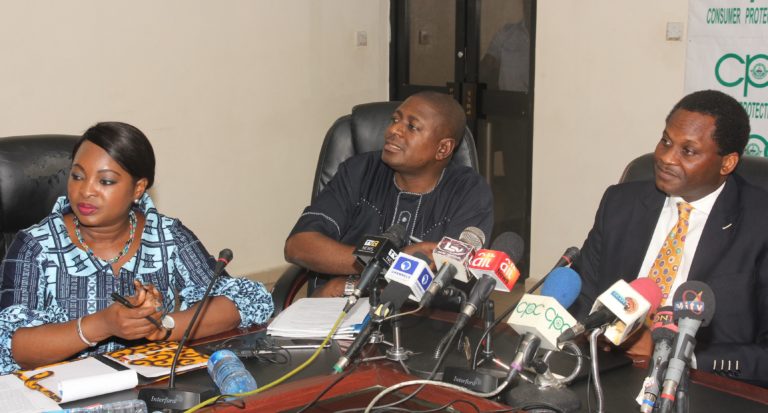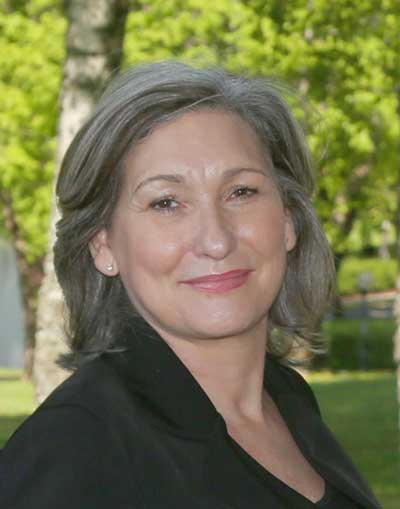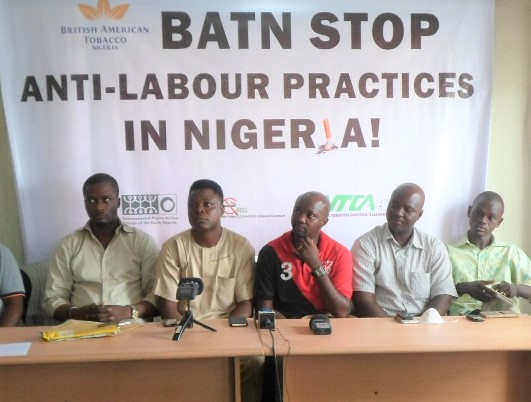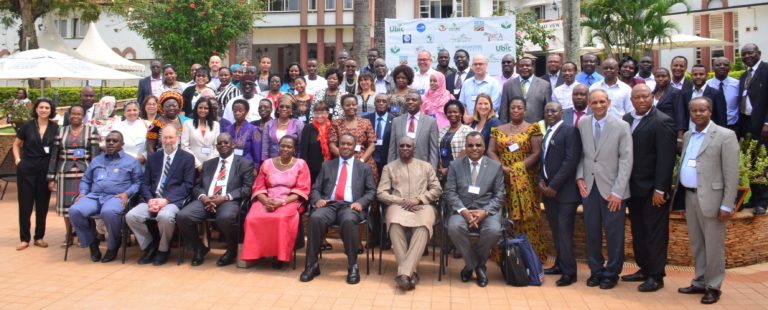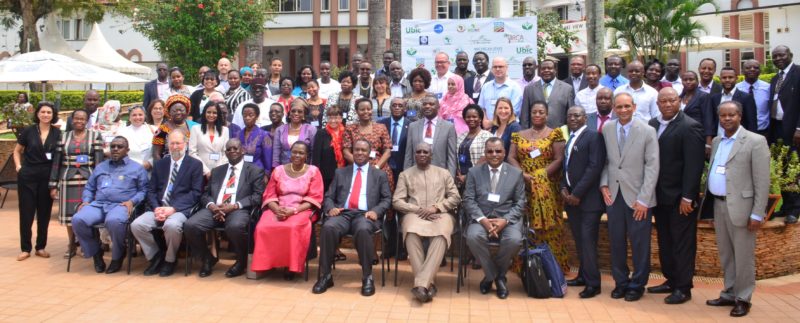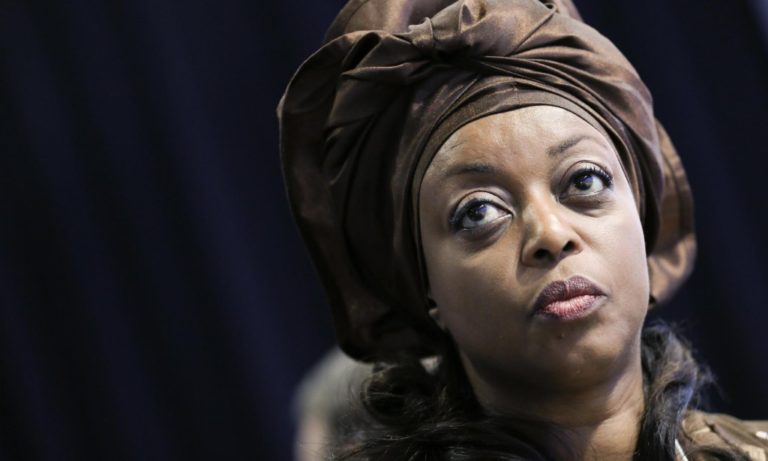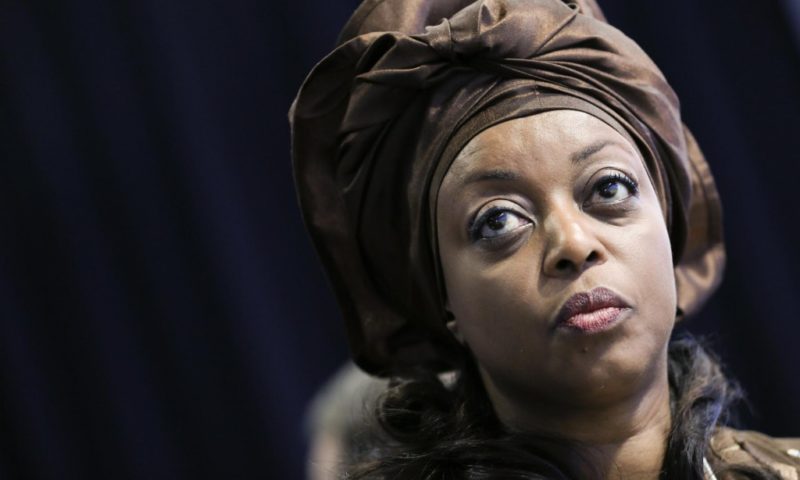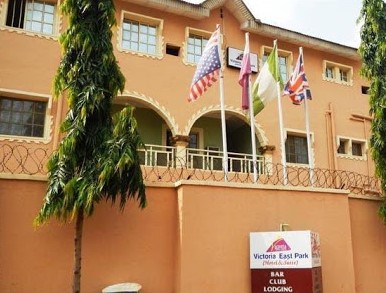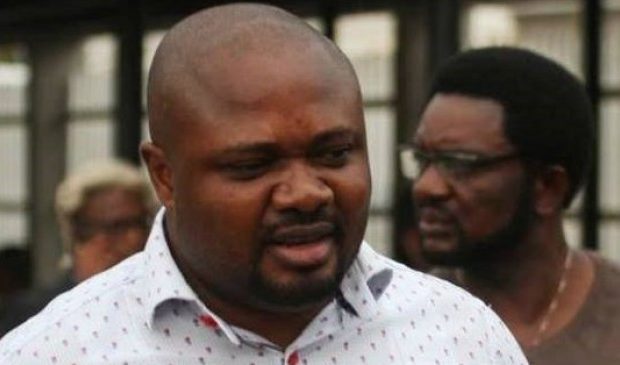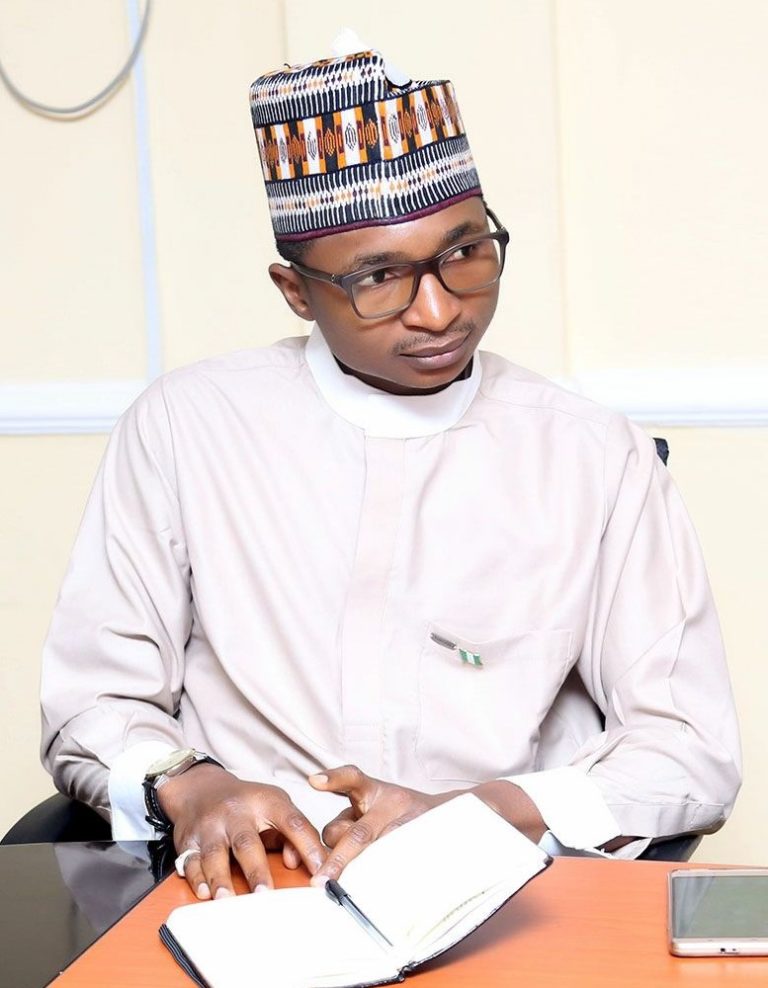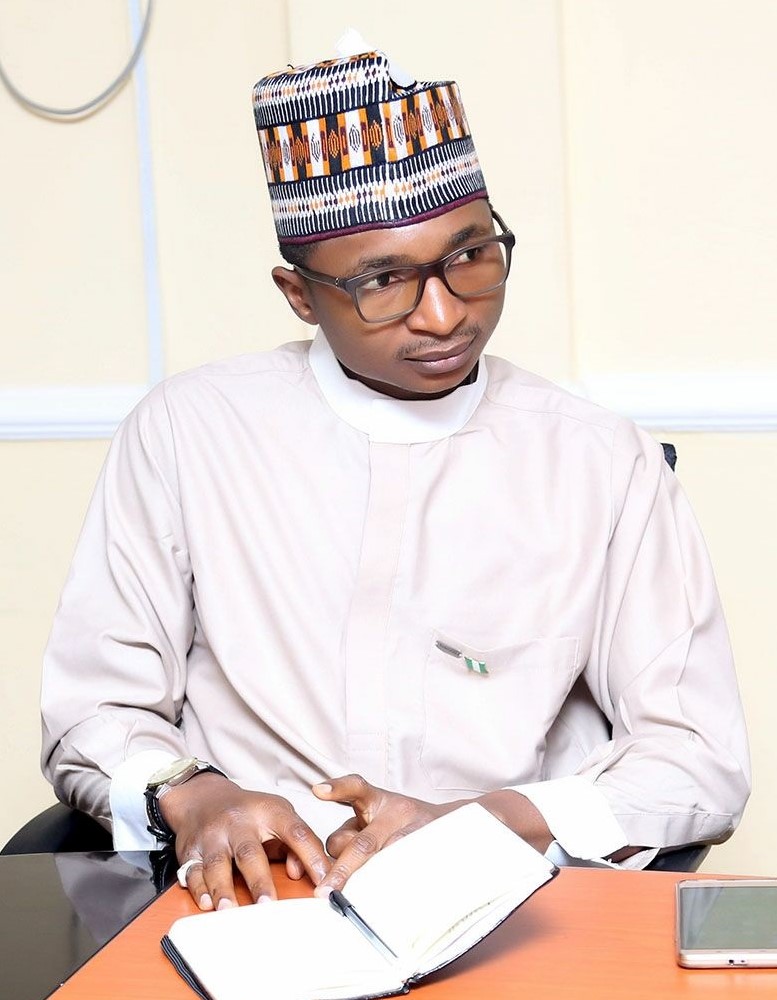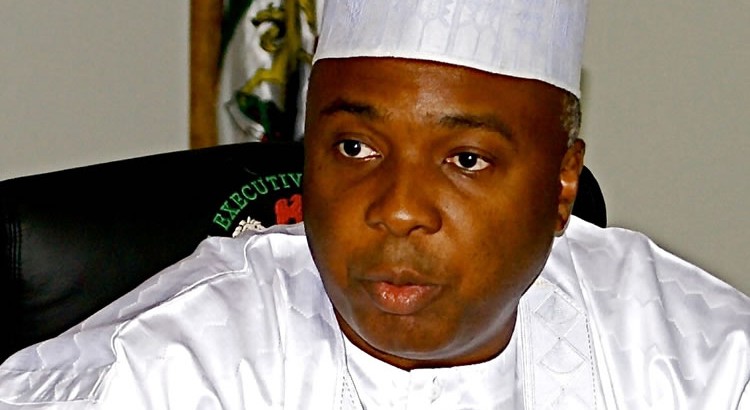Director- General of the Consumer Protection Council (CPC), Babatunde Irukera, has promised that the Council will support efforts to safeguard Nigerians from tobacco harms.
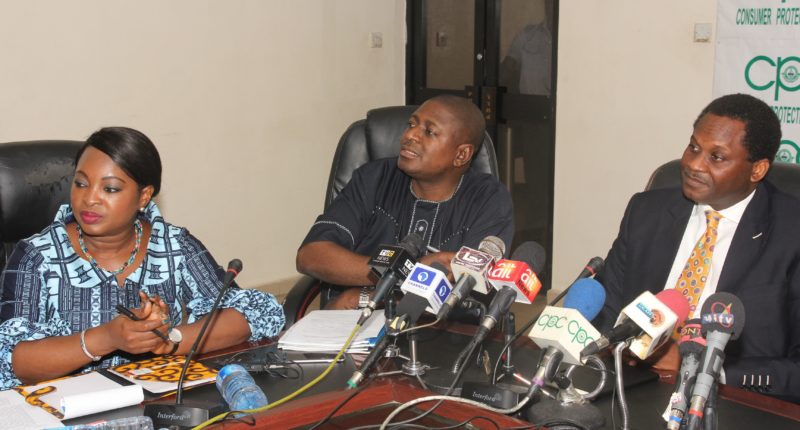
Irukera made the promise when the tobacco control community comprising a host of civil society groups visited the Council’s headquarters in Abuja on Wednesday, July 19, 2017.
The team, on the platform of the Nigeria Tobacco Control Alliance (NTCA), included Environmental Rights Action, Cedars Foundation, and representatives of the Campaign for Tobacco-Free Kids.
Akinbode Oluwafemi, chair of the board of Nigeria Tobacco Control Alliance (NTCA) who led the delegation, commended Irukera on his new appointment which, he said, was tied to the DG’s passion for fighting injustices as exemplified in his role as counsel to Lagos government in the suit against tobacco transnationals in 2007.
Oluwafemi however noted that nothing has changed since then as the tobacco industry has recalibrated and now targets women and children in a renewed effort to get replacement smokers. He also revealed new developments in the TI strategy including intimidatory tactics and litigation against countries in Africa that plan to implement Tobacco Control laws.
The NTCA boss mentioned the recent Philip Morris International expose by Reuters and the revelation that some Nigerian delegates may have been compromised in attempts to thwart the FCTC implementation across the globe. Particularly worthy of mention, he added, should be the comments of a Nigerian delegate that the “Tobacco menace” is a myth.
He reminded the DG that the National Tobacco Control Act presents an opportunity to protect millions of Nigerians from tobacco addiction and its health, social, economic and environmental impacts.
He went on to stress that the magnitude of tobacco industry incursions into the country compelled the Minister of Health, Prof Isaac Adewole, to seize the occasion of WNTD2017 to announce that nine provisions of the NTC Act will be enforced before the end of 2017.
The nine provisions are:
- Prohibition of sale of tobacco products to and by anyone below 18.
- Ban of sale of cigarettes in single sticks. Cigarettes must be sold in packs of 20 sticks only.
- Smokeless tobacco shall be sold in a minimum of a pack of 30 grams.
- Ban of sale or offer for sale or distribution of tobacco or tobacco products through mail, internet or other online devices.
- Prohibition of interference of tobacco industry in public health and related issues.
- Prohibition of smoking in anywhere on the premises of a child care facility; educational facility; and health care facility. Other prohibited places for smoking include playgrounds; amusement parks; plazas; public parks; stadium, public transports, restaurants, bars, or other public gathering spaces.
- Prosecution of owner or manager of any of the places listed above, who permits, encourages or fails to stop smoking in the above listed places.
- Prohibition of tobacco advertising, promotion and sponsorship of any kind.
- Compliance with specified standard for content as set out by Standards Organisation of Nigeria
Going further, he pointed out that an opportunity exists for the CPC to play a pivotal role in the enforcement of the nine provisions because of the national nature of its work.
Hilda Ochefu of the Campaign for Tobacco-Free Kids in her intervention, said CSOs are ready to partner with CPC in building the capacity of its staff to play roles in enforcing the nine provisions announced by the Minister of Health.
Ochefu implored the CPC to use its national structure to drive the enforcement of the nine provisions and champion the cause of smoke-free Nigeria.
She said CPC should adopt tobacco control as one of the key areas for intervention in its work to save Nigerians from the scourge of tobacco and lend its voice to calls for fast-tracked adoption of the TC regulation by the parliament.

